Emergency Preparedness for Seniors
In the aftermath and destruction of Hurricane Ida, many of us are considering what we can do to better prepare for natural disasters and unplanned emergencies. Add emergency planning together with senior care and aging, and we begin to have an entirely new set of questions. Have we ever thought about how aging impacts our preparedness for an emergency or a natural disaster? Tasks and other daily activities get more difficult on a monthly basis as we age. Now think about emergency preparedness from the perspective of someone elderly who is living on their own. From owning life saving medical alert devices to participating in a state-wide or even national emergency program, it is best to be prepared before an incident occurs rather than wishing that we had been prepared. And, what's more, if we are prepared and our loved ones are prepared, perhaps we'll be able to help someone who isn't when the time comes!
Medical Alert Devices
Seniors who are beginning to notice difficulty with walking or stairs should take some time to investigate medical alert devices. It doesn't necessarily mean that you'll have to wear a necklace with a button (although that is certainly an option). There are watches available, too. This way, at a very basic level, you are able to contact Emergency Services to come to your aid in the event of a fall or getting stuck while alone. Many people do not think about needing them until there is a serious problem where they've found themselves unable to get up when they've fallen outside. Consider Northern climates and whether or not you'd be able to survive for long if the temperatures drop to -20F. Or, in the South, if you're in an area that gets very hot and humid, if you'd survive without water for long. Cell phones can also serve as a mobile alert device, as long as it's in your pocket when you need it! Take 30 minutes to research the options you have available and make a decision about whether you should be getting a medical alert device and wearing one for peace of mind.
Household Hazards
My grandmother lived for years with tripping hazards all around her house. She loved her old rag rugs. As she advanced in years, however, they became more of a nuisance and liability. She lived on her own, but because of extreme arthritis, the effort of lifting her feet to avoid turning up the corners of the rugs became too much for her. She finally got rid of the rugs in most places or had them replaced with options that were heavier and stayed down on the edges better. Door knobs that are easier to open, close and lock are other possible safety improvements. Replace rolling chairs with non-rollers and sturdier options. Unusually high or low bedsides can be replaced with easily maneuvered beds set at the right height. Showers and bathrooms can have tubs with doors, handles near the toilet and in the shower, etc. Take a little time assessing the potential household hazards that can be removed now and might allow our us to enjoy our aging years in comfort.
Preparedness Kits
Before spending money on building an emergency preparedness kit, first spend some time thinking about what emergencies could occur in your area. In all areas of the country, power outages can occur. If those outages last for a number of days, how will this affect a senior living alone or even a group of seniors who rely on others for help? Water is the first and primary concern. We should have adequate water for at least three days time somewhere in our house. In Northern climates, that water must also be accompanied by a way to have heat should it go out. Water will do no good if it frozen solidly. Light via flashlights, candles or lanterns is another good idea to consider when facing a power outage. Shelter, heaters for warmth, fans to stay cool in warm climates, and food are also other considerations for these times. How will we eat and stay warm (or cool depending on circumstances)?
You can read some great tips from the Red Cross on this PDF - for building a kit:
- - For your safety and comfort, have a disaster supplies kit packed and ready in one place before a disaster hits.
- Assemble enough supplies to last for at least three days.
- Store your supplies in one or more easy-to-carry containers, such as a backpack or duffel bag.
- You may want to consider storing supplies in a container that has wheels.
- Be sure your bag has an ID tag.
- Label any equipment, such as wheelchairs, canes or walkers, that you would need with your name, address and phone numbers. -
Basic Needs and Supplies:
- Water — one gallon per person, per day (3-day supply for evacuation and 2-week supply for home)
- Food — it is a good idea to include foods that do not need cooking (canned, dried, etc.) (3-day supply for evacuation and 2-week supply for home)
- Flashlight with extra batteries and bulbs (do not use candles)
- Battery-operated or hand-crank radio
- First aid kit and manual
- Medications (7-day supply) and medical items
- Multi-purpose tool (several tools that fold up into a pocket-sized unit)
- Sanitation and personal hygiene items (toilet paper, plastic garbage bags)
- Copies of personal documents (medication list and pertinent medical information, deed/lease to home, birth certificates, insurance policies)
- Cell phone with an extra battery and charger (s)
- Family and friends’ emergency contact information
- Cash and coins (ATMs may not be accessible)
- Emergency blanket
- Map(s) of the local area
- Whistle (to attract the attention of emergency personnel)
- One change of clothing
- Manual can opener
- Pet supplies (including food and vaccination records)
- Extra set of keys (car, house, etc.)
- Pack of cards to provide entertainment and pass the time
Form a Plan
Forming a plan that family/neighbors/friends know about is an important step for being prepared. In all of the preparations that we make or that we help a loved one to make, please keep in mind that plans are most effective if they are shared with others. Many older people look out for one another. If that is the case with you or your loved one, share necessary emergency numbers, keys or papers with those you trust. Forming a chain of people to call is a great idea so that everyone knows when things are safe and that you're okay. Lack of communication can be the scariest part of an emergency, so find a way to combat that, if you can.
These are only a few suggestions to help start you on your preparedness journey. There are countless websites and books that can help you to prepare for specific emergencies in a more comprehensive way. This article takes aging into consideration in the process. Most of us do not think about the limitations that aging presents in these situations. Start with simple steps. Begin thinking and preparing today for these types of emergencies and rest easy knowing that you're as ready as you can be.
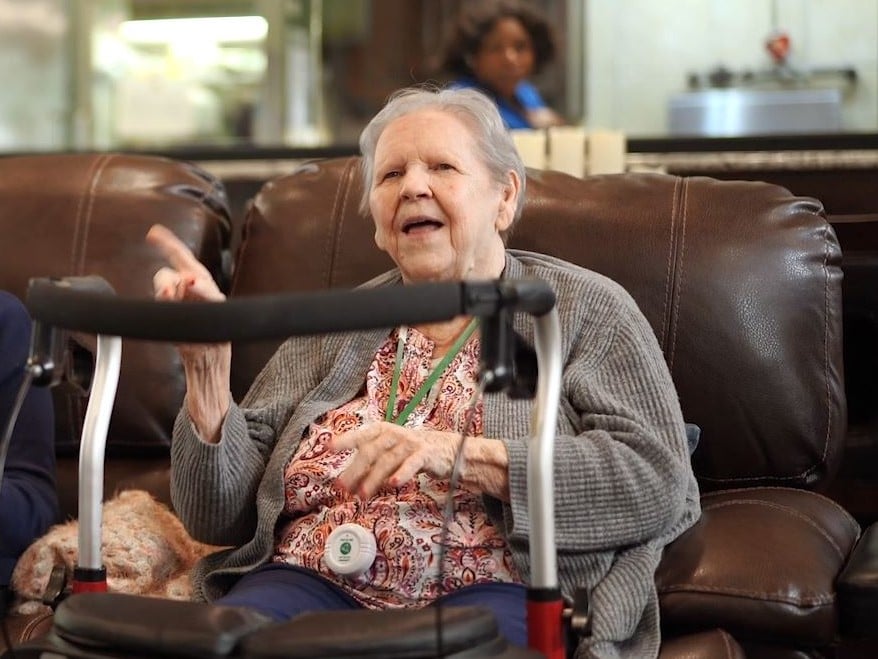

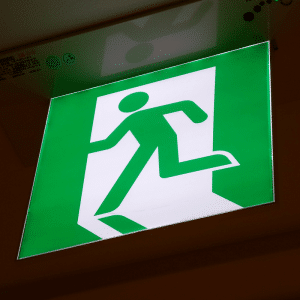


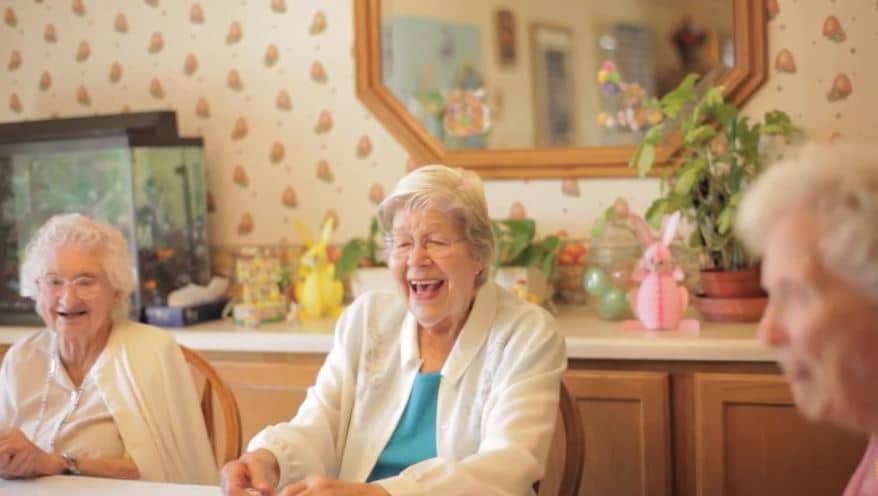
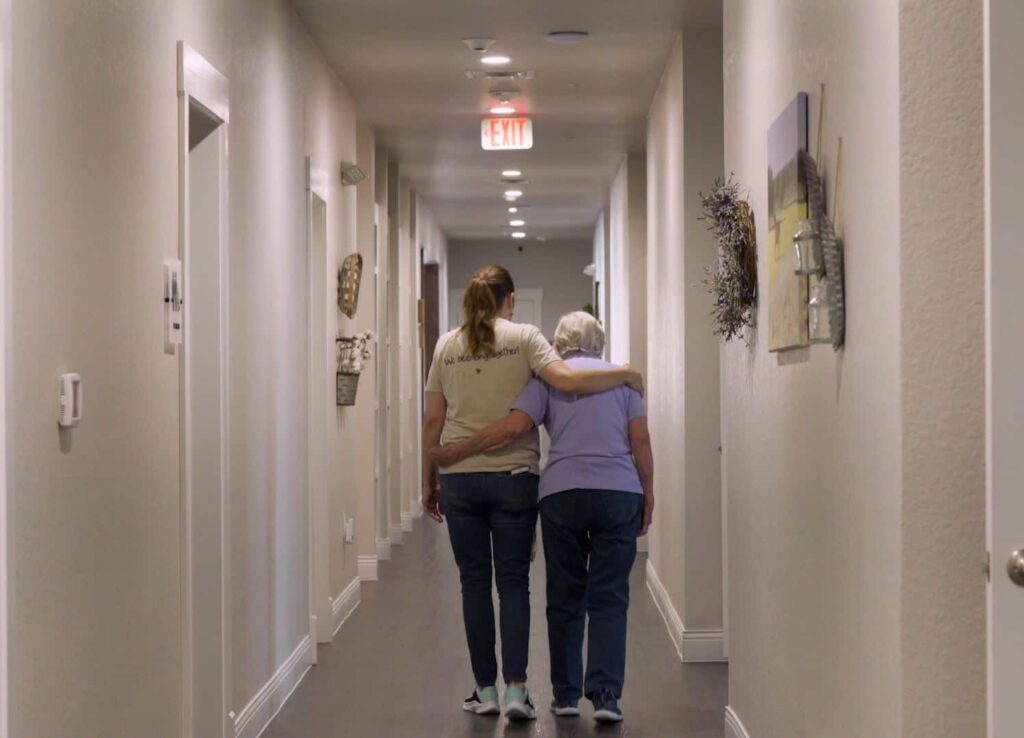
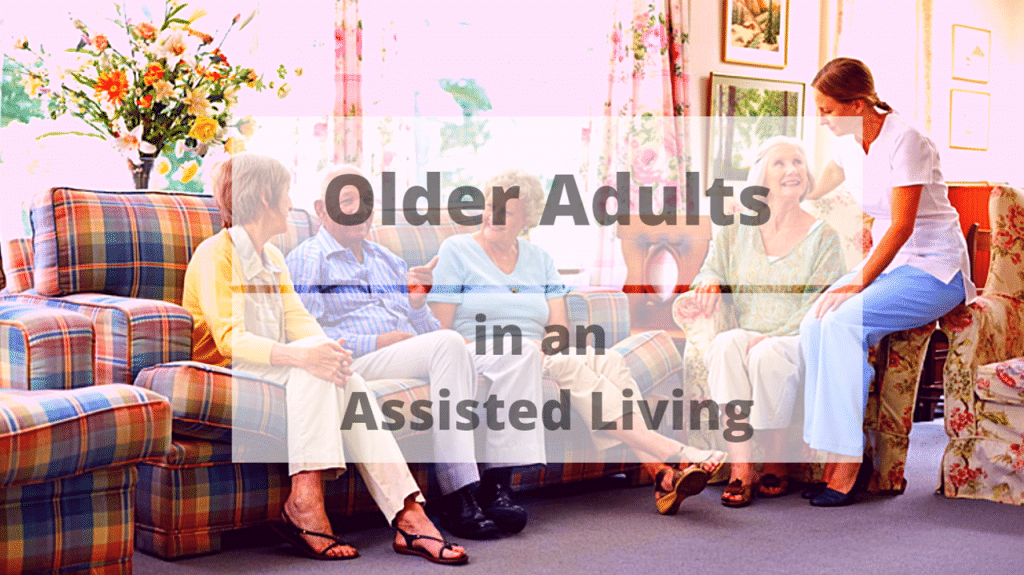





 Some people say blood is thicker than water. Family is important, that much is certain. One thing about family, however, is that it cannot be chosen. You are born or adopted into a family, it is not your choice. With family, it is chosen for you & it is an amazing thing, but even more astounding is when you can make choices regarding with whom you’d like to spend your time. Some people use the word “friend” loosely. They use the term to describe any acquaintance with whom they come into contact. Real friendships, however, are those that are intentional & in which you invest your time and energy. Your meeting may be coincidental, but a long-lasting friendship will need more than a chance meeting. It will require time, care and consideration in order to grow.
Some people say blood is thicker than water. Family is important, that much is certain. One thing about family, however, is that it cannot be chosen. You are born or adopted into a family, it is not your choice. With family, it is chosen for you & it is an amazing thing, but even more astounding is when you can make choices regarding with whom you’d like to spend your time. Some people use the word “friend” loosely. They use the term to describe any acquaintance with whom they come into contact. Real friendships, however, are those that are intentional & in which you invest your time and energy. Your meeting may be coincidental, but a long-lasting friendship will need more than a chance meeting. It will require time, care and consideration in order to grow.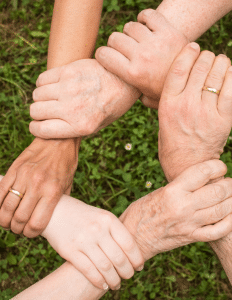
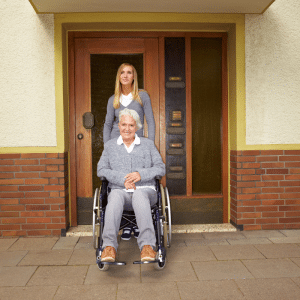

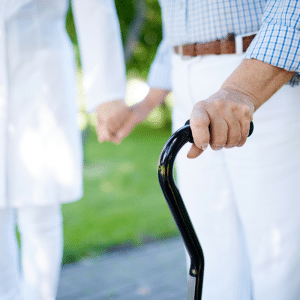 According to one survey, 16% of Americans have been caregivers to another person in the past year. That may not seem like a lot, but consider that this is only one year, and that most people have become an unpaid caregiver to someone at least for a short while throughout their lifetime.
According to one survey, 16% of Americans have been caregivers to another person in the past year. That may not seem like a lot, but consider that this is only one year, and that most people have become an unpaid caregiver to someone at least for a short while throughout their lifetime. 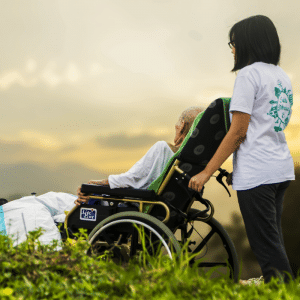

 We all know that we pass on to the next generation far more by genetics & nature than we ever pass on through intention, nurture or education. Let those things that we pass on be looked upon in the kindest light that they can be looked upon. The people of yesteryear were just like us. Trying their best to make it in difficult times, & doing their best to raise another generation with hope instead of bitterness of heart. Perhaps they succeeded, or perhaps they left a void in that area. If they did, we can certainly begin to fill the void & begin good stories to be passed down. Let our stories be those that will inspire a younger generation & give them hope for a better future & a stronger family line for years to come.
We all know that we pass on to the next generation far more by genetics & nature than we ever pass on through intention, nurture or education. Let those things that we pass on be looked upon in the kindest light that they can be looked upon. The people of yesteryear were just like us. Trying their best to make it in difficult times, & doing their best to raise another generation with hope instead of bitterness of heart. Perhaps they succeeded, or perhaps they left a void in that area. If they did, we can certainly begin to fill the void & begin good stories to be passed down. Let our stories be those that will inspire a younger generation & give them hope for a better future & a stronger family line for years to come.